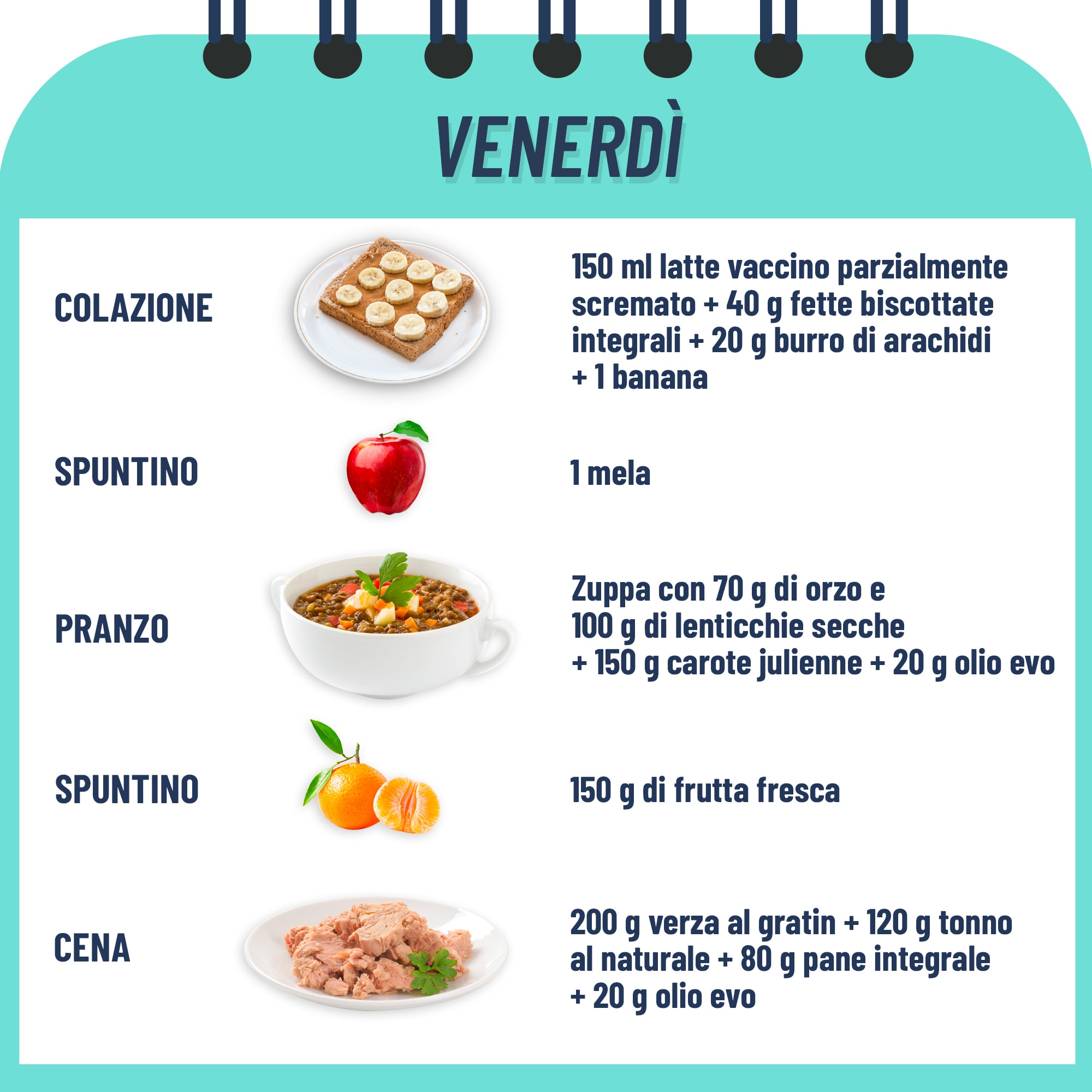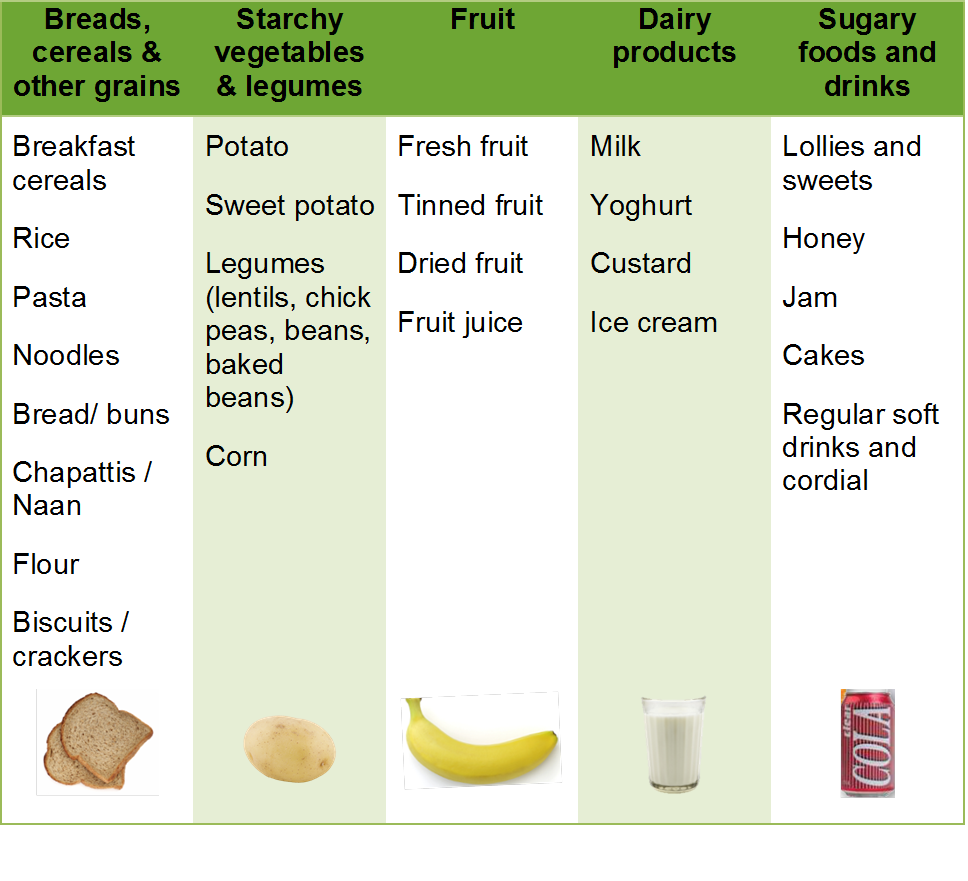
The DASH diet is a popular, low-sodium diet designed to help people lose weight and control their blood pressure. This diet encourages the consumption of whole grains, vegetables fruits, nuts, seeds, lean protein, and legumes. You can choose how much or little calories you want, and how high your sodium level is. There are many levels of this diet. One light version allows you to have desserts and ice cream.
DASH diet is simple to follow and unlike other weight loss strategies, it's easy to stick with. You can still eat your favorite foods, but there are minor adjustments. You can replace white rice with brown rice, eat more veggies, and replace butter with unsaturated fats. For the first few days, the DASH diet suggests cutting back on fatty foods and replacing them with healthy, high-fiber foods. To ensure you get the best results, you should consult a registered dietitian before beginning the DASH diet.

DASH diet may be beneficial for those suffering from metabolic syndrome. This condition is characterized by obesity, type 2 diabetes, and an increased risk of cardiovascular disease. A 2013 study found that the DASH diet had a significant effect on reducing systolic as well as diastolic blood pressure for patients with and without metabolic disorder. These people were found to have a systolic blood sugar drop of 4.9 mm Hg, and a diastolic one of 1.9 mmHg if they followed the DASH diet. The drop in blood pressure for those with metabolic syndrome was 2.9 mHg.
The Mediterranean diet is another good option for heart health. This diet focuses on fruits and vegetables, olive oils, nuts, and lean animal meats. It includes vegetables, whole grain, and low fat dairy products. Unlike the Mediterranean, the DASH diet adheres to guidelines on sodium and other nutrients. DASH can be beneficial for those with normal bloodpressure, but it can prove difficult to stick to. The Mediterranean diet is a healthier option for weight loss. It is a wellness-based diet that promotes health and vitality.
The DASH diet has many other benefits, including lowering blood pressure. It encourages you to eat more fruits and vegetables that are low in sodium, high in fiber, and lower in sodium. The DASH lifestyle can be combined with increased physical activity to improve overall health. DASH diet is a way to lose weight and prevent the development of heart disease. It is possible to exercise if you are diabetic. You can stay in shape with a DASH-approved workout program.

If you're looking for a quick way to lose weight, the DASH Diet is a great option. The DASH diet offers a wide variety of healthy meals, including lean meats, poultry, fish, and other protein sources. This diet also encourages people not to eat as much sugar or saturated fat as possible. DASH will allow you to lose weight, be healthier, more energetic, and feel slimmer. It is a good diet plan if you are trying to lose weight, improve your health, and get healthier.
FAQ
Is Cardio Better Than Strength Training?
Both are equally effective. However, cardio is more effective if you're looking to bulk up faster.
Cardio burns a lot more calories per minute that strength training and is more effective at burning fat.
Strength training helps build muscle mass. But it takes longer than cardio to accomplish this goal.
What is a good schedule for a 7-day work out?
A seven-day exercise plan should include cardiovascular training (running/biking/swimming), strength exercises (using weight machines, free weights) and one flexibility/core program (yoga or Pilates). Each activity should be performed at least once each week. Each session should not take more than 45 mins.
Cardiovascular Exercises: Running, biking, swimming
You should aim to get at least 60 mins of cardio exercise per week. You can aim for 75 minutes a week for best results. Cardio exercises can increase blood flow and stimulate the growth of muscles.
Strength Training
Cardio exercises work on the heart and lungs. Strength training works on the muscles and bones. Strength training can help you burn calories even when you're not working out.
Flexibility & Core Workouts
Your whole body will be stronger if you have flexibility and core training. Both yoga as well as Pilates are great choices.
Do I have to exercise while drinking alcohol?
Yes. Alcohol can increase energy expenditure, speed recovery time, and reduce soreness.
Additionally, alcohol can increase insulin sensitivity and make it easier to absorb glucose.
However, alcohol can lead to dehydration that can slow down your metabolism. Also, alcohol can reduce testosterone production, which may lead to lower muscle-building potential.
These are the reasons women should not drink alcohol before going to work out. Women who drink heavily should wait at least 24 hours between drinking and working out.
Breastfeeding women should stay away from alcohol.
Men should have no more than one drink per day.
What is a good gym routine for you?
Regular exercise is key for staying in shape. You don't have to do the same type of exercise every day, it doesn't really matter. The most important thing is consistency. For you to get results, you have to stick with it for a longer period of time.
Begin by walking for a few minutes each day. Start by walking for a few minutes every day. Gradually increase your time exercising to 30 minutes per week. You can do this running, swimming weight training, yoga or aerobics classes.
Try to get active every day. Don't skip any sessions unless you have a valid reason for not attending.
You should wear the appropriate clothing and footwear if you are exercising outdoors. Also, consider weather conditions and how they might affect your ability or safety while exercising.
Make sure that you drink plenty of water while you're exercising. Avoid alcohol consumption during this time as it can lead to dehydration. Also, don't drink caffeine-rich beverages like tea, coffee, or cola. They can give you energy, but will also dehydrate.
You might feel tired when you start to exercise for the first time. If you stick with your training program, you'll feel more awake and alert.
What is butter good for?
Butter is one the most nutritious sources of saturated oils. This type of fat contributes to healthy skin, hair, and stronger bones.
Vitamin K is also found in butter, which helps prevent bleeding from cuts or bruises. Vitamin K and vitamin C work together to prevent bruising.
Butter also contains minerals like calcium, phosphorous and potassium. These elements encourage stronger bones.
Butter has its drawbacks. Butter contains high amounts of cholesterol. Some studies show that consuming too much cholesterol may increase the risk of developing cardiovascular disease.
Butter is also high in saturated fat which can lead to obesity and higher cholesterol.
However, if you must have butter, try spreading it on bread rather than dipping it into soup or salad. Bread will absorb more oil than pasta or potatoes.
Statistics
- According to the American Academy of Dermatology (AAD), men over 50 are at a heightened risk of developing it. (healthline.com)
- Get free shipping and 25% off today. (healthline.com)
- An estimated calorie range for moderately active adult males falls between 2,200 to 2,800 calories per day, depending on age. (eatright.org)
- Candidates and applicants must pass all four tests at 70% (minimum level) to graduate from Basic Deputy U.S. Marshal (BDUSM) Training. (usmarshals.gov)
- 10 pounds in a month is likely during a lean bulking phase, especially for beginners. (muscleandstrength.com)
External Links
How To
What nutrients does a man need daily?
Men need healthy growth and development. The body requires vitamins, minerals, proteins, carbohydrates, fats, water, fiber, and other essential elements.
You also need specific nutrients for different times in the day. For example, when you sleep, your body uses energy from food to make hormones, antibodies, and enzymes. When you awake, protein is used by your body to build muscles or repair damaged tissue.
At night, your body breaks down fat and stores the extra energy as glycogen. Your body will still need nutrients, but it will require fewer calories during this time. You can have a snack at night if you feel hungry.
You need to eat enough carbs and protein when you exercise. After a hard workout, muscle soreness may occur.
To prevent this, you must consume carbs and protein within 2 hours of training. Your body will use stored glycogen to produce glucose for energy.
Additionally, it is important to eat protein right away after your workouts are over. This prevents muscle tissue loss that happens while you sleep.
Your body makes lactic acid when you are doing intense physical activities. It is a form of lactic acid that builds up in the bloodstream. This causes fatigue. This can be avoided by eating foods high in carbohydrates like fruits and vegetables.
Carbohydrates can give your body the energy it requires to recover from intense exercise.
You may also want to include lean meats and fish, as well as yogurt, cheese, yogurt, beans and nuts in your diet.
All of these foods contain high-quality protein. Protein promotes muscle growth, and helps repair damaged tissues. Protein also supplies the amino acids your body requires to make sex hormones, such as testosterone.
A healthy skin, nails and joints requires sufficient dietary fats. Healthy men need to consume between 20%-35% of their total calories from fat.
Fat is good for your heart and helps you fight cancer. It helps keep your brain working properly.
You can get most of the fat you need from vegetable oils like olive oil, sunflower oil, corn oil, soybean oil, peanut oil, and safflower oil.
These oils are rich in monounsaturated essential fatty acids (MUFAs). MUFAs help lower cholesterol and reduce inflammation. They protect your cells and prevent damage from free radicals.
Saturated oils (SFAs), found primarily in animal products such meats, dairy products and butter, are known to raise LDL ("bad") cholesterol. SFAs are known to raise LDL ("bad") cholesterol and raise triglycerides. They promote weight gain as well as belly fat.
Polyunsaturated fats (PUFAs) are found in plant-based sources like vegetable oils, nuts, seeds, and grains. PUFAs help improve cardiovascular function, and lower inflammation. They also help control blood sugar and cholesterol.
Low HDL ("good") cholesterol can lead to erectile problems in men. High consumption of saturated fats increases bad cholesterol, which lowers the level of good cholesterol.
Red meat and pork are a common source of prostate problems in men who eat a lot. High temperatures can cause nitrates to become nitrosamines. These compounds can cause lung cancer.
Many processed meats are high in nitrites, and other dangerous chemicals. Avoid them completely.
According to the American Heart Association, you should limit your consumption of red meat to no more that 2 meals per week. Instead, choose poultry and fish, legumes, tofu or whole grain bread as your main source of protein.